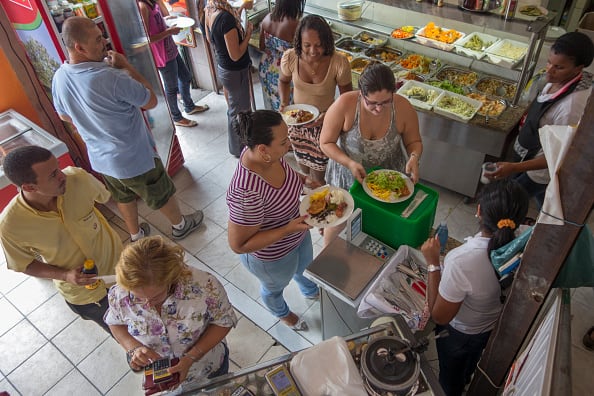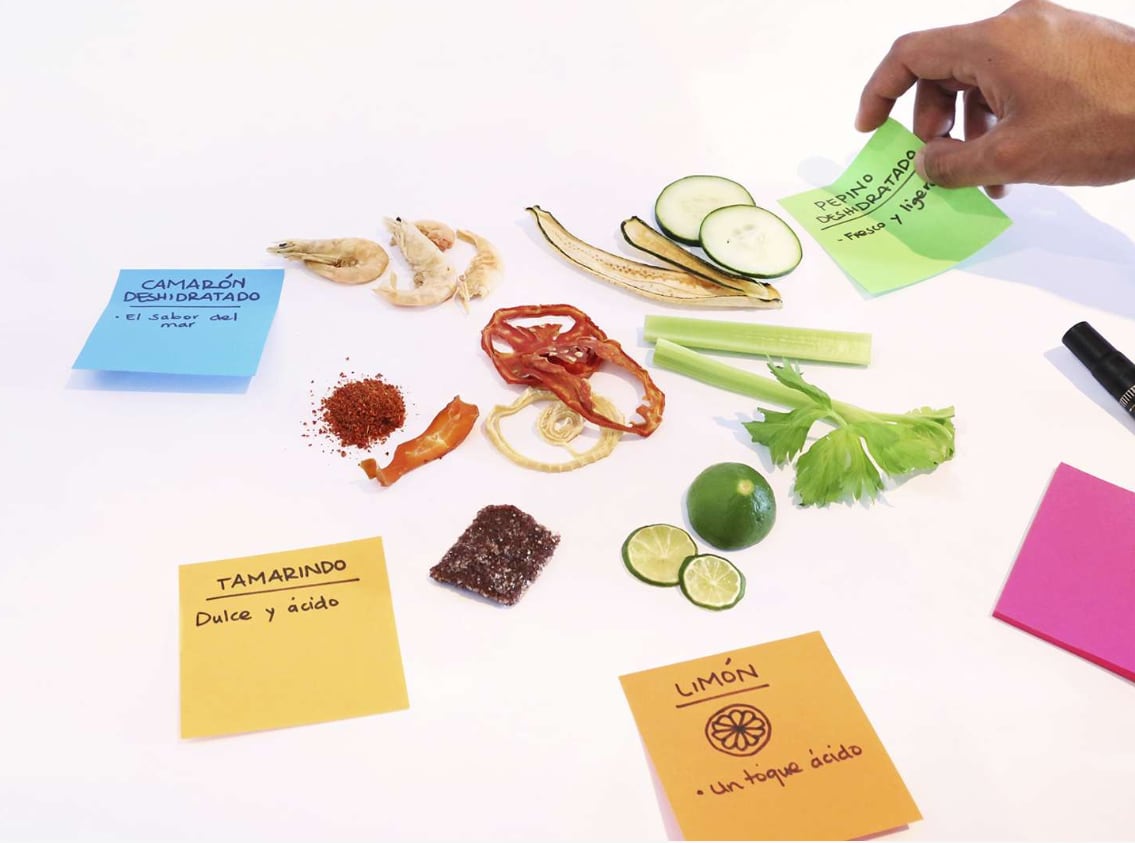A food engineer with over 15 years’ experience and an MBA under her belt, Cristina Leonhardt co-founded Tacta Food School in 2016 with her partner, Dafné Didier, a food technologist, and regulatory expert.
Tacta Food School has two content ‘portals’: Sra Inovadeira, which focuses on product innovation and R&D, and Alimentus Consultoria for regulatory advice.
Through Sra Inovadeira (which is Portuguese for Mrs Innovative), Leonhardt aims to improve Brazil’s food by training those who make it.
“[We’re aiming for] a revolution through education to [create] a more innovative, transparent and ethical future in the food business. We believe this revolution will only happen through people: so it is our business to change food technical people, so they change the food business around them,” she told FoodNavigator-LATAM.
Tacta Food School has an impressive list of alumni. It counts over 1,000 former ‘students’ while companies such as Ingredion, IFF, Duas Rodas, JBS, Bem Brasil, Puravida, Diageo and Sensient have all completed its in-company training.
The urban-rural divide
So what advice does Leonhardt have for new product developers in Brazil - a country of continental proportions with one of the biggest consumer markets in the world?
There are three fundamental things that must always be taken into account, she said: The size and variety of people in the country, the

culinary tradition and the income level.
“Being a huge country, we face different realities in each region – that is to say, food trends don’t appear at the same time, at all places. Some might never be important in some regions, even if they are considerable in others.
“For instance, we can definitely see a plant-based strong trend in the big cities, but that cannot be translated as a ‘Brazilian trend’ for the whole population.”
This has implications for manufacturers with a presence in several different regions, she added, who may need to tailor products accordingly or have a diverse product portfolio.
Expectations of processed food
“Brazil has not one but many culinary identities across the country. One thing, though, should be taken into account: we are still pretty much ‘cooking’ people,” said Leonhardt.
The ‘per kilo buffet’ – a popular restaurant so typically Brazilian it has become something of a national institution – symbolizes this.
“Many years ago, when part of the world solved the problem of out-of-home lunch with fast food, snacks, and sandwiches, Brazilian restaurants introduced the per kilo buffet.
“It was a form to still eat healthy home-cooked food on the go: and it speaks volumes about our expectations towards processed foods.”
“Although processed foods consumption is on the rise, food business should maintain an approachable and relatable style when introducing new products.”

A crisis of confidence
The challenge for manufacturers is to innovate while keeping food affordable.
Although emerging from its economic crisis between 2014 and 2016, millions of Brazilians are still unemployed and the impact is felt today.
While foodservice operators, such as restaurants, bakeries, and cafeterias, have felt the brunt of the economic crisis, CPG manufacturers have been grappling with a crisis of confidence.
“What has been affecting the food industry harder these days is a shift in consumer perception. Following the ‘Carne Fraca’ scandals [where federal police discovered meat processors selling rotten meat and bribing food safety inspectors] and news on food fraud, part of the consumers have increased their opposition to any food produced by what to them seems like ‘Big Food’.”
The increased appeal of smaller, regional brands is one element of the Carne Fraca fallout, added Leonhardt.
Manufacturers that have a proven track record of engaging and co-creating with their consumer base and bringing a “more empathetic view to the food business” are also enjoying customer loyalty, she said.




